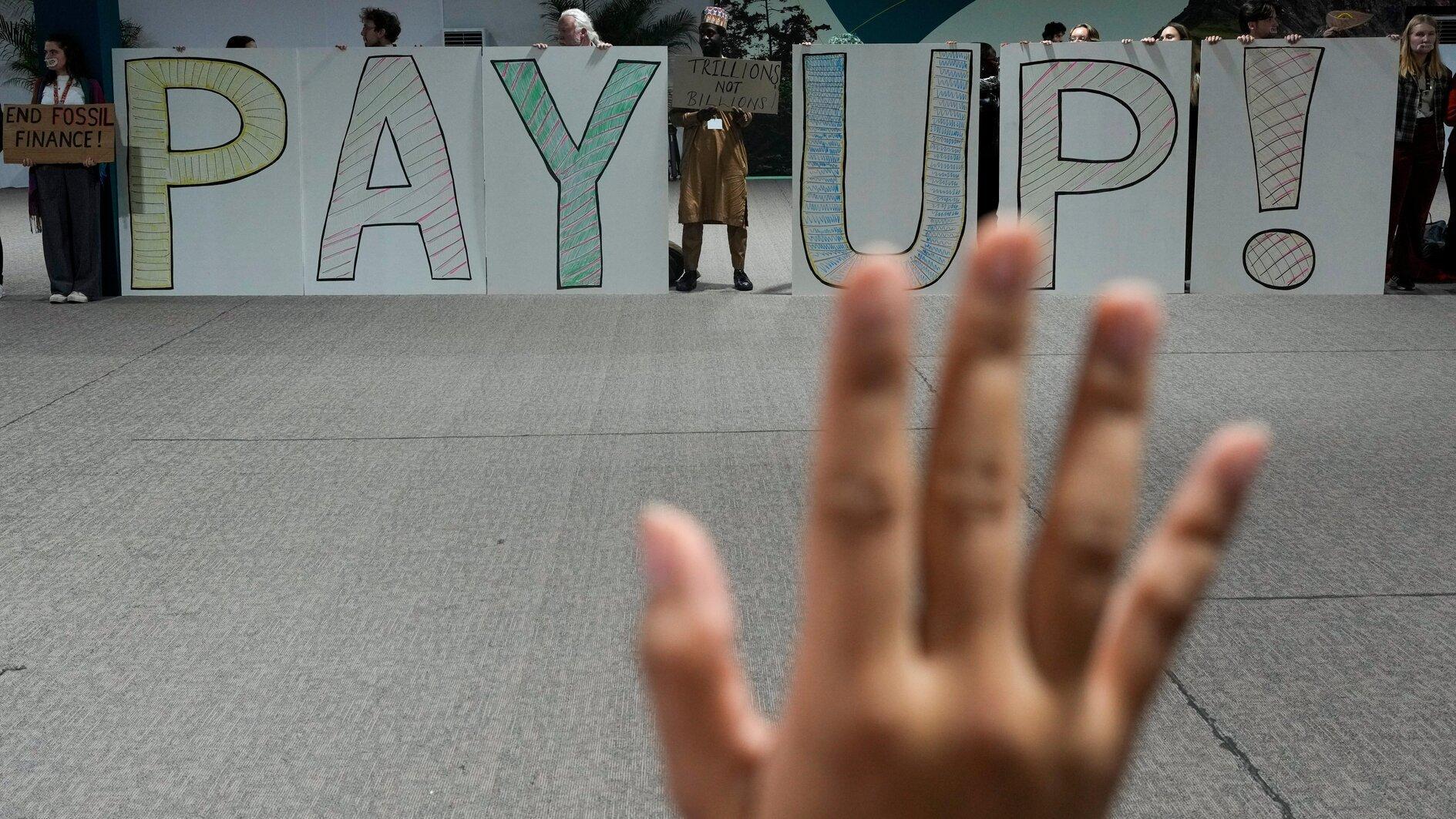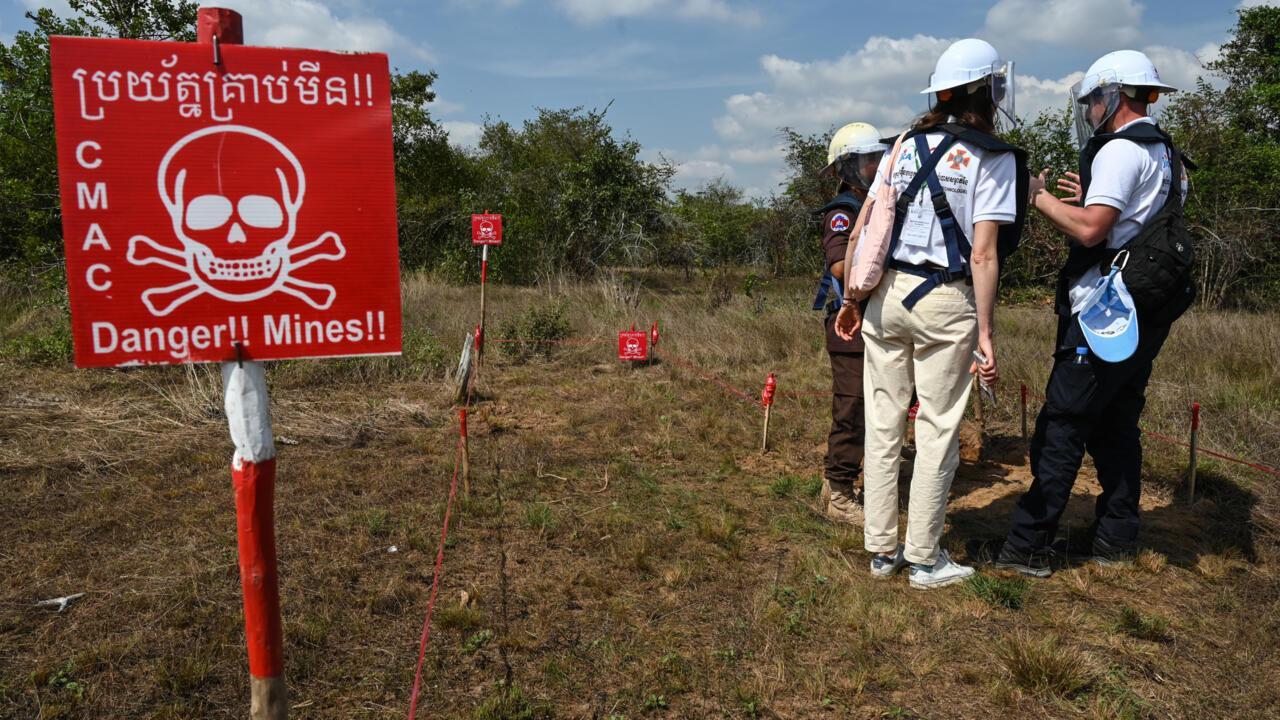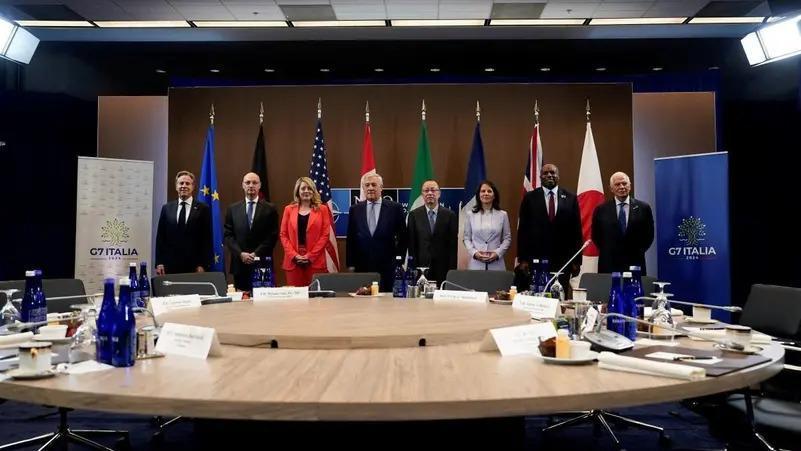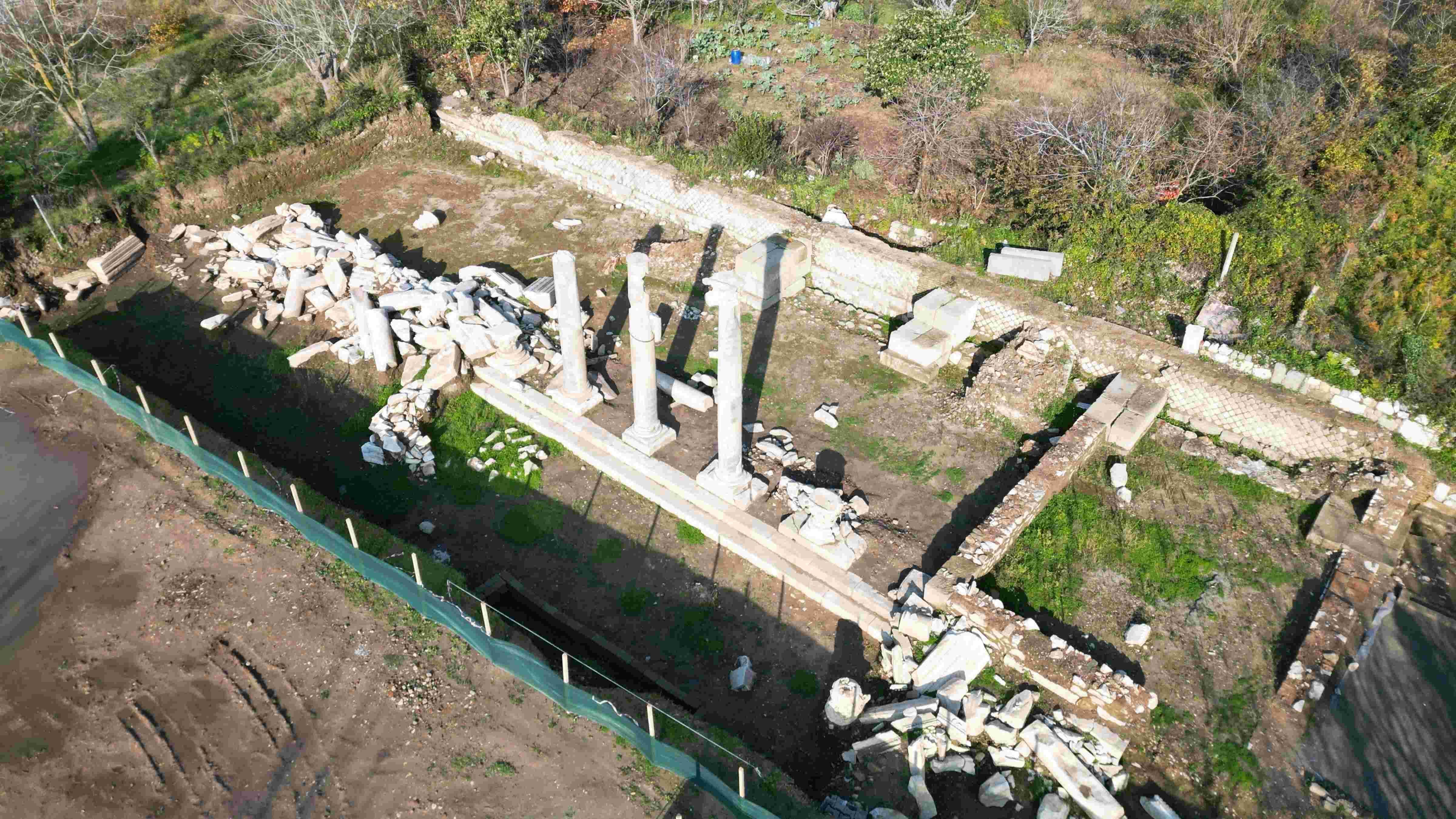Certain inexplicable things about Turkey
Not a day goes by without hearing about another tragedy of immigrants dying on their way to find better lives. As the instability that followed the Arab spring has deteriorated the situation in the Middle East, we see more and more immigrant stories making the headlines.
By contrast, while Turkey has become one of the major countries to be hugely affected by immigration, as it has ended up hosting nearly 2 million Syrian refugees, this issue barely makes headlines.
This is a fact that strikes academics as well.
Professor Ali Çarkoğlu has just released the results of a survey where participants were asked about the most important problems of Turkey and the world.
“What’s striking to me is that some of the issues that you would think would be on the agenda are not on the agenda. Perhaps the most striking one is the fact that we have two, two-and-a-half million refugees. Wherever you go in Istanbul you see Syrian kids and their families not in really comfortable conditions, and most likely working in the darkest informal jobs in Istanbul and other cities. People don’t perceive this as a problem. Actually they project this as a problem of the world, not of Turkey. That I think is quite a surprise to me,” Çarkoğlu told me.
I asked him how he explained this phenomenon.
“This issue hasn’t been dealt with enough in the media,” he said. “The real social issue of having millions of people living in a foreign country in a very shaky and little socio-economical arrangement is not being talked about on shows on TV. Have you ever seen a debate about it on TV?”
Another issue that was striking to Çarkoğlu was the indifference towards Turkey’s foreign policy failures.
“Isn’t that normal?” I asked him. “Foreign policy issues barely appear on the agenda of a normal citizen, it’s like that everywhere in the world.”
But Çarkoğlu believes some of the foreign policy issues have an impact on our daily lives. “These are not just some diplomatic problems you resolve behind doors in luxurious hotels,” he said. “This time around we have two-and-a-half million refugees. We constantly have a border problem in the southeast and this has linkages to the Kurdish problem. It’s right next door; it’s on the streets. But people are not focused on that.”
In fact, foreign policy issues like Syria or the Islamic State of Iraq and the Levant (ISIL), which normally should be seen as an important threat to Turkey, appear as the most important problems on the world agenda.
“I tend to think that this is almost inexplicable. Right next door you see them on the street but you don’t perceive it as Turkey’s problem but it’s the world’s problem. There’s something wrong there. We have to take responsibility for this as intellectuals, academia and public commentators because these are Turkey’s problems.”
While Çarkoğlu admits he finds it difficult to understand society’s indifference to some of the burning problems, he does venture to bring forth some explanations.
“I think an indicator of modernization at the individual level is this ability to empathize. It’s conceptually, cognitively a difficult thing. Turkey I’m afraid has not reached that level of social and personal empathy,” he said. He also explains it with parochialism.
Another interesting finding appears over environmental issues. Problems such as water shortages and energy do not appear as important problems at the present time, but at least 10 percent believe these will become important issues in Turkey’s future. There again, these issues appear to be a much bigger problem on the world agenda.
“There’s this misperception that environmental problems can be shifted from the local to the global. As a matter of fact it’s just the opposite. What happens in the global is actually reflected upon the local,” said Çarkoğlu.
Looking from an optimistic view, there is at least a rising awareness about environmental issues. Looking from a pessimistic view, it reflects simple-mindedness, a lack of attention and a lack of sophisticated debate on the issue, according to Çarkoğlu. “Environmental issues are on the agenda of the Turks but not in a sophisticated and mature way, which you might not expect from the mass public opinion perhaps. But this inconsistency requires some attention I think for public policy makers basically to bring and keep this issue on the agenda for the future of the country.”
The findings of the survey are open to debate. Different people can bring different interpretations. Still, looking at Turkish society, you end up concluding that certain things about Turks might remain “almost” inexplicable.











